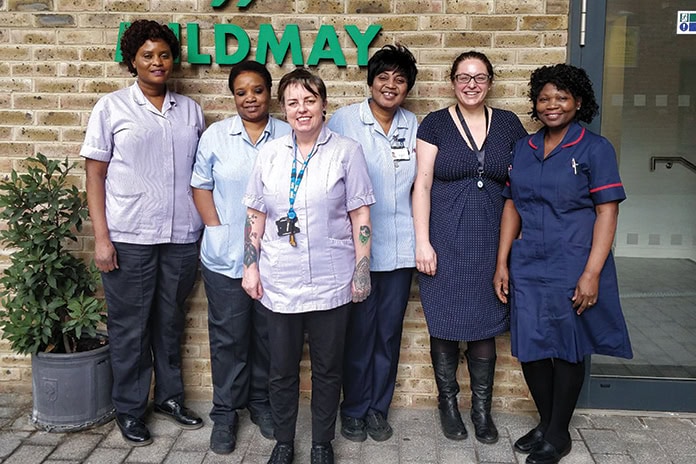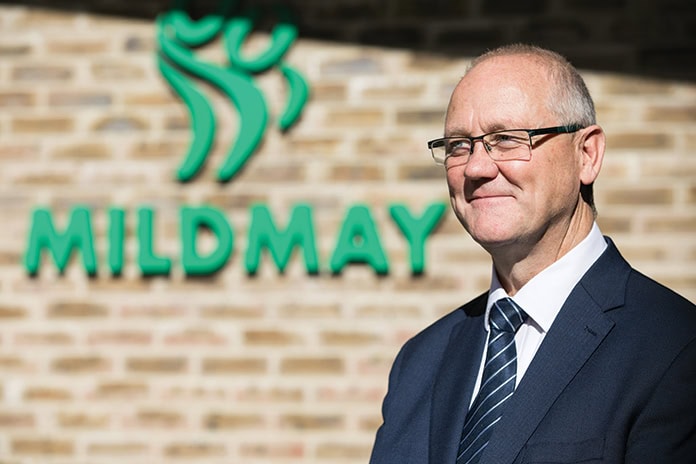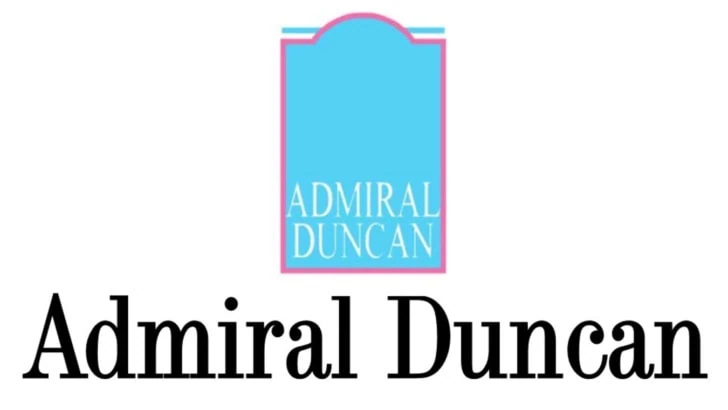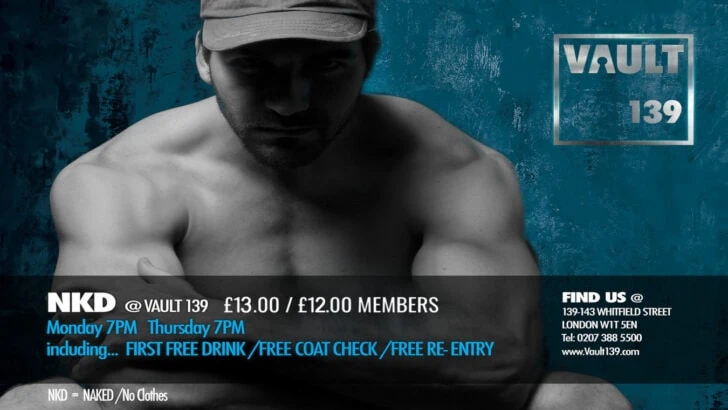Vital HIV services under threat as Mildmay Hospital faces closure. We meet Mildmay CEO Geoff Coleman to find out more.
A charity providing NHS services, Mildmay Hospital, is facing funding pressures and could close its doors as soon as April 2020. According to the charity, patients living with HIV are set to lose their vital specialist services if the closure goes ahead. Officials are considering whether Mildmay’s services can be commissioned directly by NHS England. The Mildmay website stipulates that the hospital costs less per patient than acute NHS hospitals and that their highly-skilled doctors, nurses and therapists are experts in specialist HIV care. We sat down with Mildmay CEO Geoff Coleman to find out more about the charity hospital, and why it’s vital that its doors stay open.
Tell us, how did Mildmay come to be.
Right back at the beginning, there was a cholera outbreak in East London which was causing quite a bit of difficulty. A vicar by the name of Rev. Pennyfather decided that the church had to do something to get involved. They set up this group called the “deaconesses”, and they trained them to go into the poorest areas of London. They actually became quite a thing, setting up training centres in various countries across Europe. They evolved into what we now know as modern-day nursing, in fact, one of the deaconesses in the early years was a lady by the name of Florence Nightingale.
The roots of Mildmay go quite a long way back. It continued to grow until it went into the NHS in 1948 like many hospitals where it sat for many years. It was in the 1980s that the NHS decided that, actually, with the big new Royal London just down the road, they didn’t need it anymore. They were going to close it down but the charity that was still going said: “Actually, we’d like it back please.” Ken Clarke actually said yes, but it had to be used for healthcare going forward. That’s how it came to be back in the hands of the charity.
Interesting that it happened in the 80s because that’s when the hospital drew national attention in the fight against HIV/AIDS.
It was about 1986/87 that the NHS came to Mildmay and said “We have this problem. We have all these people dying of this illness called AIDS and the hospices won’t take them. Would you?” The trustees went away and talked about this, they came back and unanimously voted they should. Their first AIDS patients were taken in 1988. The story began to change in the change in the treatment of HIV/AIDS over the next 30 or so years.
There’s that very famous image of Princess Diana shaking hands with an AIDS patient without surgical gloves, as was expected, at Mildmay.
We still have contact with the chairman of the charity then, Helen Taylor Thompson, who still has an interest in Mildmay. She was present for that interaction. She’s in her 90s now and doing incredibly well.

A Christian charity in the 1980s, putting their heads above the parapet and saying “the church should be involved in this” and putting their money where their mouth is, and using funds to help people who were then dying of AIDS. But as that evolved, to also use those funds to treat people with HIV where the condition had reached a point where it became Neuro HIV, which is a very small band of patients.
If you look at the way the disease has progressed and the treatment has progressed with Antiretroviral drugs, the successes have been astounding. They really have. Seeing it arriving and almost disappearing in about 50 years. We’re not there yet, there seem to be another 10-20 years before we see it disappear completely. There’s still a fight to be had.
It’s well under 1% of HIV patients who have this progressed form of HIV. It’s often because of a late diagnosis or because the treatment hasn’t worked. They end up in acute hospitals in critical conditions. They stabilise them there, then they’re sent to us to regain some sort of normality. When they come to us, they need to be taught to walk again, they’ve lost the power of speech, we could be teaching them to eat. It’s not just the doctors who are specialists in HIV, but we have nurses and therapists as well. We have the whole range of clinical skills to get these people back on their feet.

We want to provide these services for patients, which we should do, because if we don’t then the only alternative is to treat them in the community, and what happens is these patients are held in acute hospital beds for longer. They have to be a lot more stable before the hospital will discharge them to community services. Everyone knows that our community services are already under immense pressure. They don’t have the capacity to cope with the present demand on them. If you throw more complex patient demands on them, it’s obvious, they are not going to have the same level of care. You end up with this revolving door where they end up back in acute hospital again for six months, could be a year, could be eighteen months.
We need to keep Mildmay going. We’ve had support from HIV clinicians from across the world, and all of them say that this facility should not close.
Sign the petition to #SaveMildmay at Change.org/SaveMildmay. Donate at Mildmay.org.



















